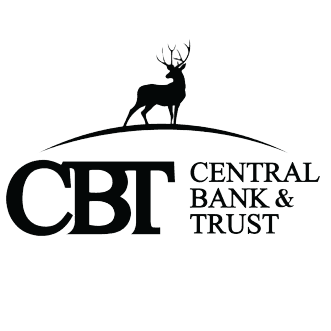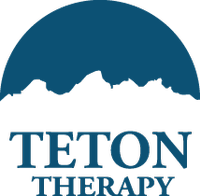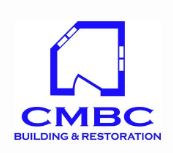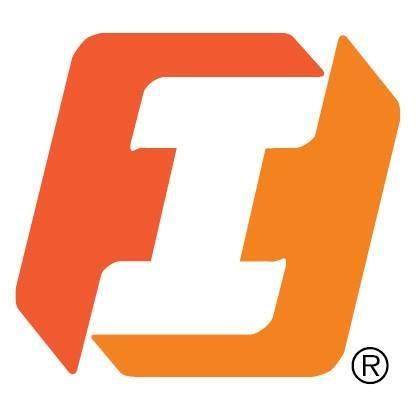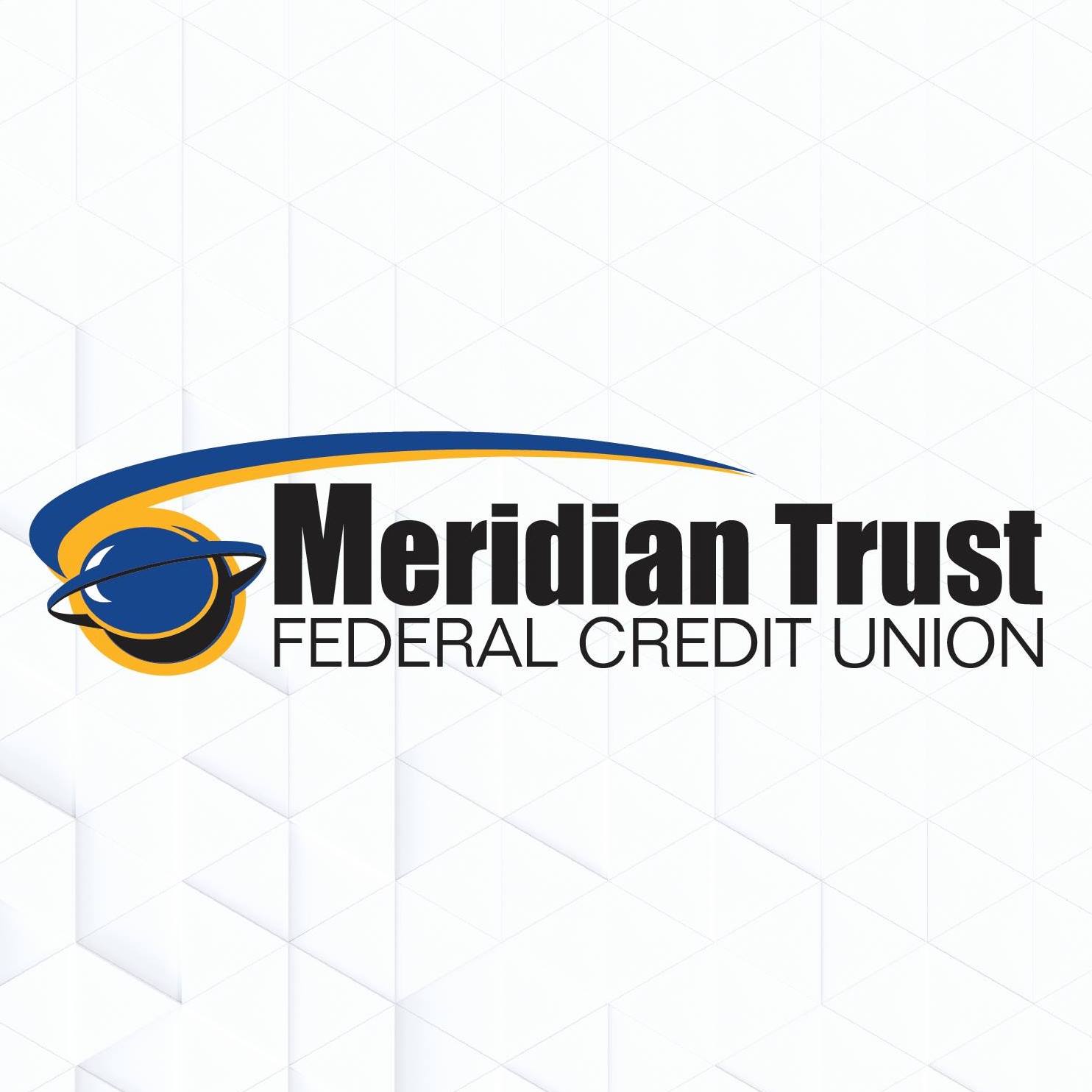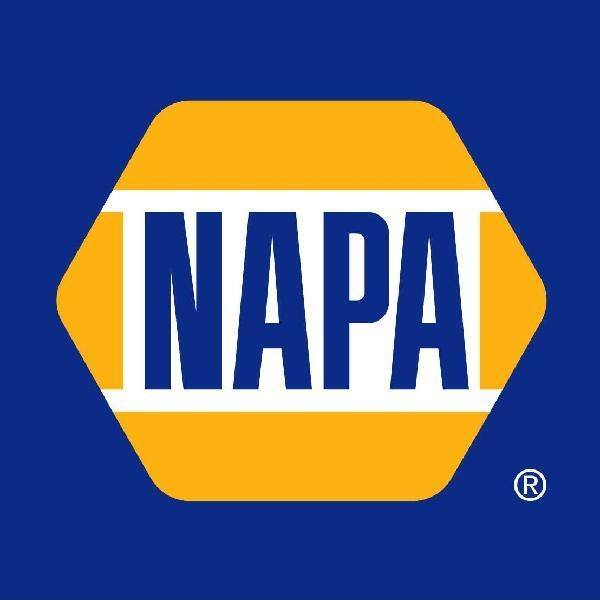- Google’s AI-generated search summaries shift SEO from rankings to relevance
- Local businesses must prioritize clarity, context, and authority in their content
- Structured data, featured snippets, and site experience now influence AI visibility
- Building topical depth helps businesses become the trusted source AI turns to
- Winning SEO in 2025 means answering questions—not just attracting clicks
581 words ~ 3 min read

The SEO landscape is changing—and fast. But contrary to what you may have heard, SEO isn’t dead. It’s getting smarter, thanks to AI.
Google’s Search Generative Experience (SGE) is a prime example. Instead of simply listing websites, Google now displays AI-generated summaries in response to user queries. These summaries pull from what the algorithm sees as the most trustworthy and relevant content—and that means your business needs to think differently about how it shows up online.
This evolution is especially important for local businesses. A potential customer may never scroll down to your link if Google’s AI answers their question up top. But if your content is included in that summary? You’re not just visible—you’re the answer.
What’s Changing?
Traditional SEO focused on keywords, backlinks, and meta tags. Today, search engines use AI to understand intent, not just terms. That means creating human-first content that clearly answers questions, reflects authority, and builds trust.
Instead of writing for algorithms, businesses now need to write for clarity. AI doesn’t reward keyword stuffing—it elevates content that solves problems.
Think of it this way: SEO used to be about getting found. Now, it’s about being useful.
Case in Point
A local HVAC company in Texas revamped its FAQ and service pages to clearly address customer pain points like “Why is my AC leaking?” and “How fast can you repair an AC unit in summer?” They added schema markup and structured headers.
Within weeks, their content began appearing in AI-generated summaries. Bookings rose 22%—and their brand authority grew along with it.
Your AI-Ready SEO Checklist
Here are four moves your business can make today:
- Optimize for Featured Snippets: Structure your content to answer common customer questions clearly and concisely. Use headers, lists, and direct answers.
- Build Topical Authority: Group your content into clusters—blogs, FAQs, videos—that cover a topic deeply. This signals to AI that your site is a credible source.
- Enhance User Experience: Fast load times, mobile optimization, and easy navigation aren’t just good UX—they’re now ranking signals.
- Use Structured Data (Schema Markup): Help search engines understand your content. Schema tags tell AI what your page is about—and how it fits user intent.
Why This Matters for Your Business
AI is changing the way customers find and choose businesses. If your content isn’t being surfaced in AI summaries, you risk losing visibility—even if your site ranks on page one.
But this isn’t a threat. It’s an opportunity. Businesses that provide clear, trustworthy answers to common questions will not only stay visible—they’ll become the go-to experts in their space.
And for Chamber members, this shift is a competitive edge. Most small businesses aren’t yet adapting to AI-driven search. By moving early, you stand out.
What to Do Now
✅ Review your website’s top-performing pages.
✅ Ask: Do they clearly answer your customers’ most common questions?
✅ If not, update them with clarity, structure, and supporting content.
✅ Add schema markup where possible.
✅ Improve mobile speed and user experience
SEO isn’t just about being found. It’s about being trusted. In the AI era, businesses that earn that trust—through clear, quality content—will lead the way.
—
The Lander Chamber of Commerce is a private non-profit organization that aims to support the growth and development of local businesses and our regional economy. We strive to create content that not only educates but also fosters a sense of connection and collaboration among our readers. Join us as we explore topics such as economic development, networking opportunities, upcoming events, and success stories from our community. Our resources provide insights, advice, and news that are relevant to business owners, entrepreneurs, and community members alike. The Chamber has been granted license to publish this content provided by Chamber Today, a service of ChamberThink Strategies LLC.

